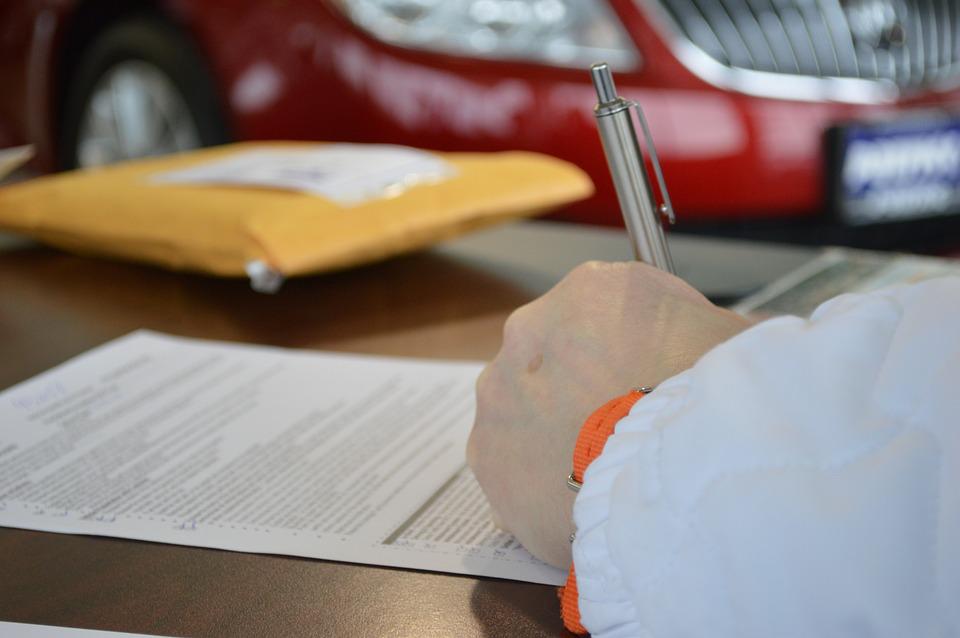
04 May Should I pay off my car loan because of inflation?
Photo: pixabay.comQ. I have a car loan of $60,000 at 0.99% for 84 months. I have approximately the same amount in the bank earning 1.5% interest. We are retired and have investment income with about a 4% return. We are in moderate investments. The investment income and principal amount are basically our only source of income, and should things go smoothly should be adequate until we pass. But like all investments, they are volatile in these times. We also have a pension, but it’s not enough to live on. Would be wise to pay off the car loan of $60,000 with money we have in the bank that is getting 1.5 % interest less, the taxable amount. With 8% inflation, am I not losing close to $5,000 a year on my bank holdings at 1.5%?
— Borrower
A. You gave a lot of specifics on your situation, and that’s great.
But there are several different ways to look at your choice.
A car loan of 0.99% on a seven-year loan is a very low interest rate, said Michael Cocco, a certified financial planner with Beacon Wealth Partners in Nutley.
That’s especially true in today’s environment, when rates on debt have increased and may increase into the future, he said.
“One can argue that you borrowing $60,000 at less than 1% in this high inflation environment is helping you to combat overall inflation, as this may be some of the cheapest money you may ever borrow again,” Cocco said.
But you also have to consider liquidity and emergency funds.
It sounds like you have approximately $60,000 in the bank, Cocco said.
“If you used almost all of your liquid, risk-free bank assets to pay off the car loan, it may leave you with very little in terms of no-risk emergency funds, which is less than ideal,” he said. “I am a strong believer that everyone – retired or not – must have at least three to six months of their living expenses in liquid, risk-free savings accounts.”
He said the fact that you are earning 1.5% — which is actually an excellent interest rate for risk-free bank assets at this time — is an added bonus, but you should not look at your savings account as an “investment.”
“It’s primary purpose is not to make money, but it is to give you peace of mind and some funds to fall back on if life throws you a curveball,” Cocco said. “If you paid off that car loan and you needed money in a pinch and did not want to sell any of your investments since they generate income, you may be forced to borrow money in other ways.”
The interest rate will almost certainly not be as low as the 0.99% you have now, Cocco said.
“It is true that because your bank account is earning an interest rate that is currently far below the inflation rate and that you are losing `purchasing power’ on this money at the current time, but this is why the majority of your money is invested — to combat inflation over the long-term,” Cocco said. “Not every dollar you have needs to beat inflation over time and some money exists to purely give you peace of mind.”
Email your questions to .
This story was originally published on May 4, 2022.
NJMoneyHelp.com presents certain general financial planning principles and advice, but should never be viewed as a substitute for obtaining advice from a personal professional advisor who understands your unique individual circumstances.

